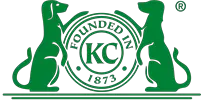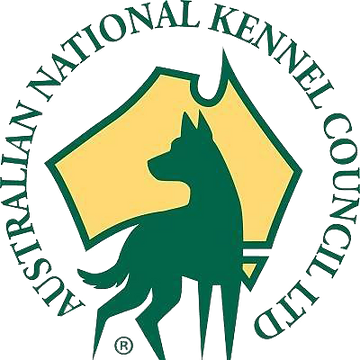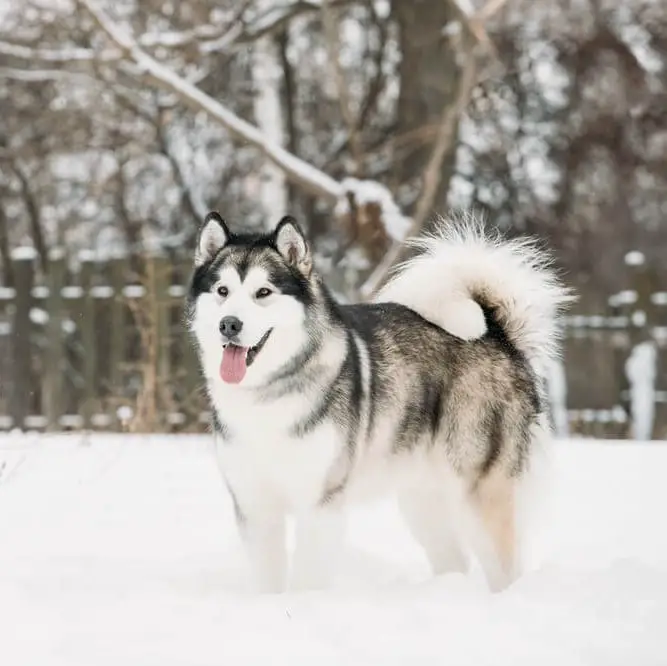Alaskan Malamute History
The Alaskan Malamute is a sled dog that originated in Alaska. The Alaskan Malamute is descended from the Scandinavian spitz-type dogs that were brought to Alaska by Russian fur traders. The Siberian Husky and Chow-Chow are closely related and are often crossed with the Alaskan Malamute. The Kennel Club recognized the Alaskan Malamute as a distinct breed in 1935. The AKC officially recognizes the two most common coat colors as black and malamute, although other coloring patterns are also possible.
Alaskan Malamute Physical Characteristics
The Alaskan Malamute is a large, tall, thick coated, strong breed that is typically between 25 and 30 inches tall at the shoulder and weighs between 80 and 130 pounds. They have a thick, tapering muzzle, large head, and broad triangular ears. Their body is moderately long and their legs are straight. The Alaskan malamute has a distinctive double coat that is thick and heavy. The undercoat is coarse and the outer coat of this dog has a lot of fur. They are very strong and agile, but docile and affectionate.
Eye Colors
Brown
Nose Colors
Unknown
Coat Colors
Unknown
Height Range
Male Height Range: 25 – 28 inches
Female Height Range: 23 – 26 inches
Weight Range
Male Weight Range: 80 – 100 lbs
Female Weight Range: 65 – 85 lbs
Alaskan Malamute Health
Description of breed health.
Lifespan
10-12 yrs
Alaskan Malamute Health Concerns
Canine Hip Dysplasia, Chondrodysplasia (Chd), Cataracts, Glaucoma, Skin Problems, Diabetes
Alaskan Malamute Temperament and Behaviour
The Alaskan Malamute is a large, powerful, and independent dog breed. They are often described as being “aloof” and “reserved” around strangers, and are not typically considered to be good family pets. They are, however, incredibly loyal and protective of their families and homes. Alaskan Malamutes are working dogs, and as such, they require a great deal of exercise and stimulation. They are not a good breed for apartment or city living, and prefer large yards or acreage where they can run and roam. Alaskan Malamutes are also notorious for being escape artists, and are known for digging and climbing fences in search of adventure. This breed is not for everyone, but those who are willing to put in the time and effort to train and exercise them will find them to be loving and devoted companions.
Alaskan Malamute Activity Requirements
Provide a detailed description of the physical activity requirements of the Alaskan Malamute dog breed? Alaskan Malamutes are a large, powerful breed that was originally bred for sledding. Today, they are still working dogs, but they are also popular pets. Malamutes are known for their strength, endurance, and loyalty. While they are not as high energy as some other breeds, Malamutes still need plenty of exercise. They are best suited for homes with a large yard where they can run and play. A daily walk or run is also a great way to keep your Malamute happy and healthy. If you are considering an Alaskan Malamute, be sure you are prepared to meet their exercise needs. This is not a breed that is content to lounge around the house all day. They need to be active, both mentally and physically, in order to be happy and well-adjusted.
Miles Per Day
10 miles
Activity Per Day
90 minutes
Daily Food
3 cups
Kennel Club Recognition

American Kennel Club
Recognized by the American Kennel Club
Alaskan Malamute is part of the Working group.
Visit the American Kennel Club website.

The Kennel Club
Recognized by The Kennel Club
Alaskan Malamute is part of the Working group.
Visit the Kennel Club website.

Australian National Kennel Council
Recognized by the Australian National Kennel Council
Alaskan Malamute is part of the Utility group.
Visit the Australian National Kennel Council website.

Canadian Kennel Club
Recognized by the Canadian Kennel Club
Alaskan Malamute is part of the Working Dog group.
Visit the Canadian Kennel Club website.

